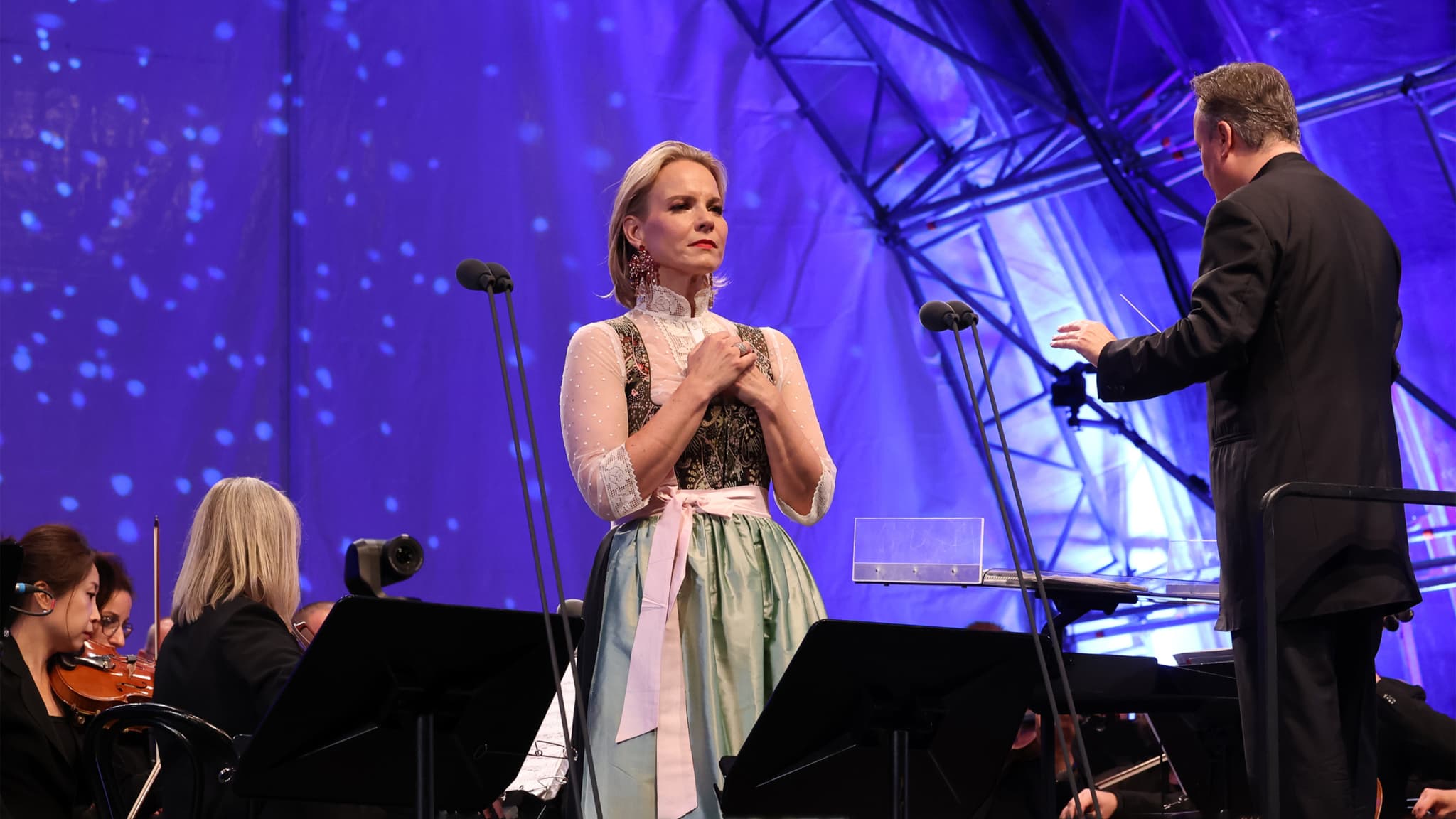New on STAGE+
Albums
About
Franz Lehár

Franz Lehár was born in Hungary but studied in Bohemia at the Prague Conservatory and began his career in the Rhineland as a violinist in the theatre at Barmen-Elberfeld. The next 12 years were spent playing in military bands at Losoncz, Pola, Trieste, Budapest, and, finally, Vienna, where, spellbound by the frivolousness of the Austrians, he threw himself into writing operettas for which the city provided a more than avid audience. His first attempt at such a piece, Kukuška, had proved no more than a succès d'estime when unveiled in Leipzig in 1896, but The Merry Widow was the greatest triumph in the whole of operetta history. With its powerful sense of local colour, his music possesses a lightweight verve and spirit that are instantly infectious. A master of the Viennese waltz, he was a brilliant orchestrator, occasionally adding unusual instruments such as the celesta and balalaika to more traditional symphonic resources. Together with Johann Strauss's Die Fledermaus, Lehár's Merry Widow and Land of Smiles remain the cornerstones of the operetta repertory.











